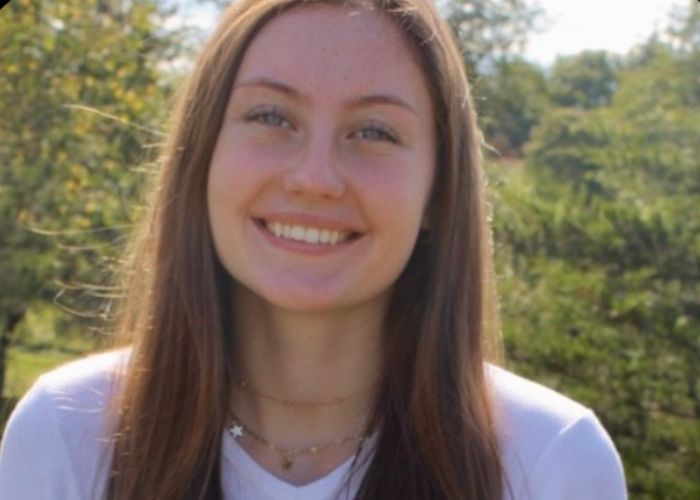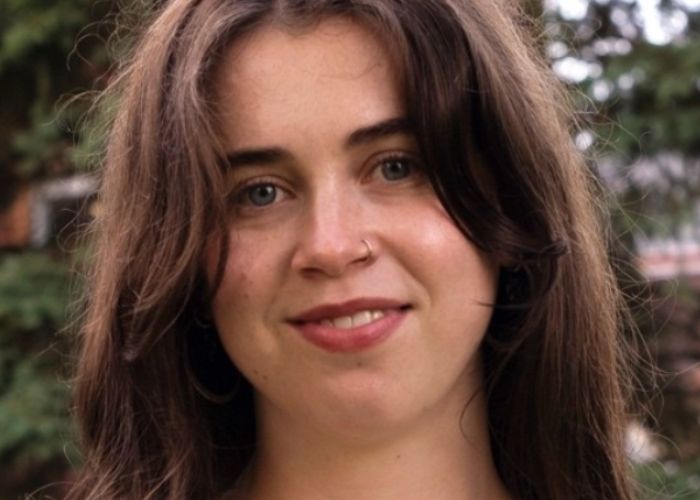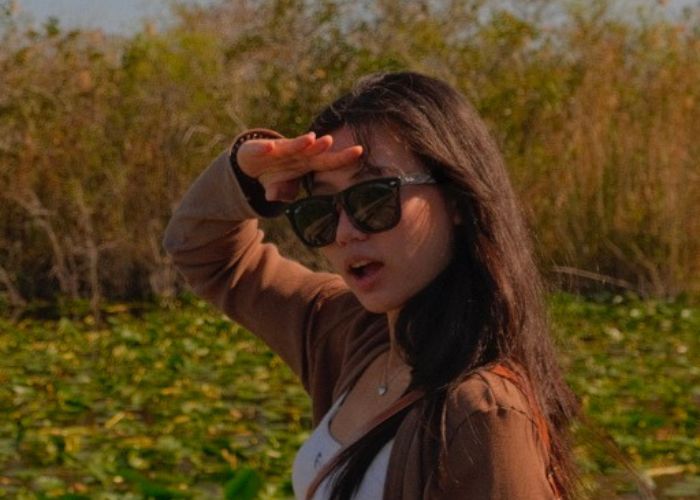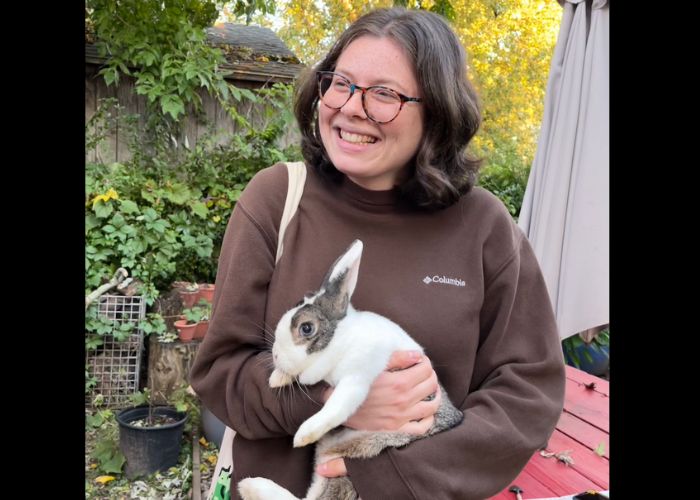Laura Zaks ’99 is an international food security specialist with expertise in the intersection of agriculture, climate, economic development, nutrition, and public health. She is the associate director of communications and development for the National Sustainable Agriculture Coalition in Washington, DC.
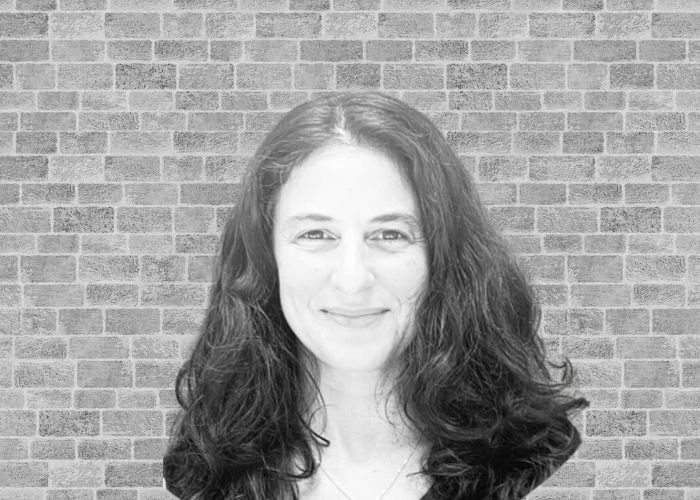
Hello Laura! Would you tell me about your path into working in food security?
It’s been a long journey, when I was at Wesleyan I didn’t know that I wanted to work in food security. I was more interested in broader issues surrounding economic development and community development, but wasn’t really sure how I would work in that space.
I had a period of trial and error. I was actually a College of Letters major and was originally focused on humanities. I really loved history and thought about law school, but because I had studied languages, I was also interested in working abroad. I ended up traveling to Panama, and working there for two years.
